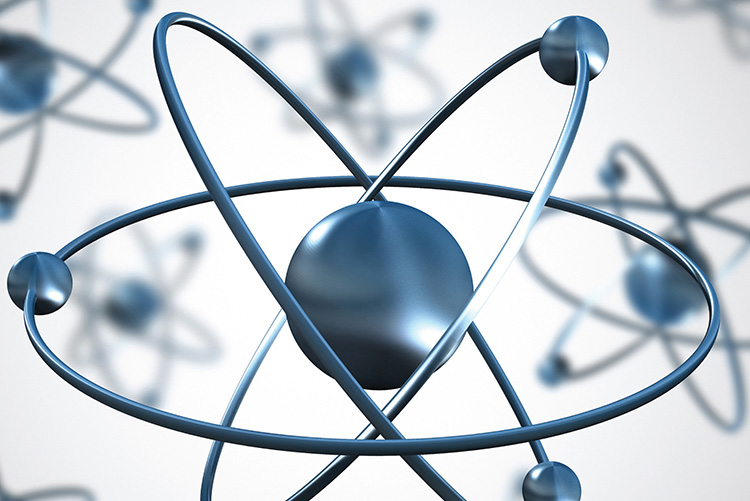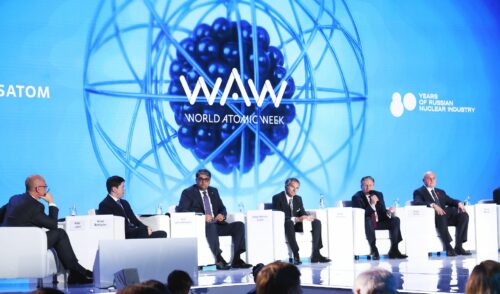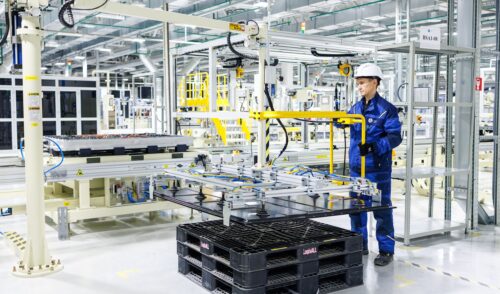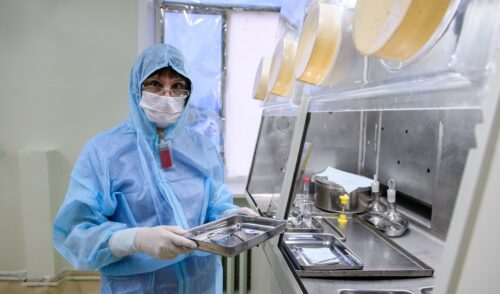
Nuclear Medicine Goes International
back to contentsThe Institute of Reactor Materials (a part of Rosatom’s research division) will receive a RUB 100m loan to start production of radioactive substances for medical applications. At present, the Institute is in the process of setting up a production unit to fabricate lutetium-177 trichloride. The project opens the door to a new segment of the global nuclear medicine market.
In Western countries, lutetium-177 is used in the treatment of neuroendocrine tumors. Targeted delivery of the isotope to cancer cells makes it possible to kill both metastases and primary malignancies, thus increasing the chance of success event at advanced stages of the disease.
In 2013, the Institute of Reactor Materials fabricated its pilot batch of pile-produced Lutetium-177 for a European pharmaceutical company. The substance was produced using an in-house reactor, and the customer confirmed the high quality of the isotopes supplied. By the end of 2013, the Institute was ready to start mass production of feedstock for the fabrication of lutetium-177 used as a precursor in nuclear medicine. Exports have been steadily growing since then, having increased from 40 Ci of lutetium-177 in 2014 to 650 Ci in 2016. “To be successful on the global market, the Institute of Reactor Materials maintains the quality of its products and strives to be a reliable and fast international supplier,” a representative of the Institute said.
Meeting 20% of global demand
In addition to lutetium-177, the Institute will produce iodine-125, a widely used source of radiation in brachytherapy, mostly in prostate cancer treatment. The Institute of Reactor Materials will also supply iridium-192 for high dose-rate brachytherapy. Iridium-192 is now pile-produced in the IVV-2M reactor. According to the Institute, it satisfies up to 20% of the global demand for iridium-192, and its products meet all international quality standards. Plans to start production of iodine-125 have been discussed since 2013.
Now, with the loan obtained, the Institute has proceeded to procure necessary equipment, particularly special-purpose shielding chambers and boxes for safe handling of ionizing radiation sources, and instrumentation for quality and process control. The Institute will also purchase auxiliary plumbing, electric and ventilation equipment, materials to renovate the facility, and expendables.
Radiopharmaceuticals produced by the Institute of Reactor Materials will be distributed by Izotop, another Rosatom’s subsidiary and an authorized supplier of most isotopes produced by Rosatom Group. The company operates in Russia and 35 other countries.




